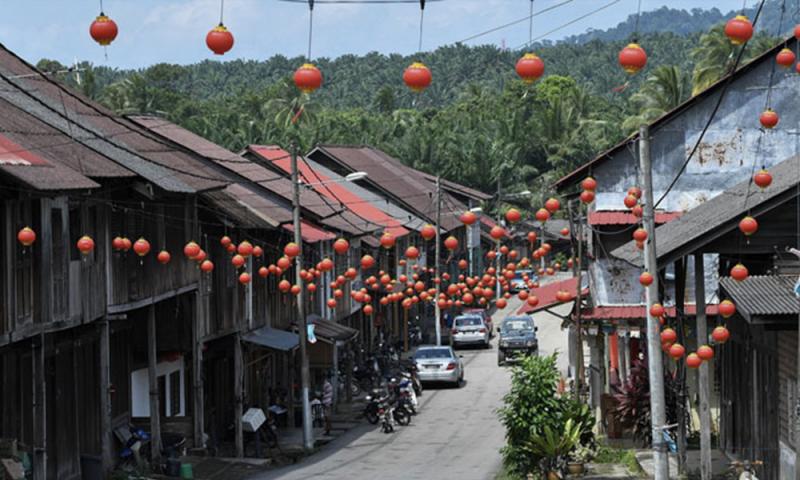LETTER | Stop demonising Chinese new villages
LETTER | After World War II, the Chinese community in Malaya was divided into three factions: pro-Communist, pro-Nationalist, and neutral.
The pro-Communist faction, associated with the Malayan Communist Party, comprised armed individuals with guns, engaging in subversion and the assassination of British officials and police. Those affiliated with the party were either killed during the Malayan Emergency or expelled back to mainland China.
Records indicate that from 1948 to 1951, approximately 13,066 Chinese individuals were forcibly repatriated to China. Additionally, there were voluntary returns of Communist supporters to China, possibly numbering in the hundreds of thousands.
On the other hand, the pro-Nationalist Chinese tended to support the British, although they were affluent, they lacked firearms. The majority of Chinese labourers like my parents, who were politically uninformed, leaned towards neutrality. My late father served as a home guard to protect the safety of the "new detention camp".
The stubborn pro-Communist Chinese who did not join the Malayan Communist Party were either arrested or expelled. The remaining Chinese who chose to stay were either pro-Nationalist, pro-British, or neutral. Among the 500,000 Chinese labourers residing in Chinese new villages, the majority leaned towards the Nationalist Party (later becoming the MCA).
In the early days of the new villages, the inhabitants were predominantly anti-Communist or neutral. Consequently, the existence of these villages serves as a historical symbol of the success of anti-Communist efforts, with only a minority of the older Chinese generation being pro-Communist, often referred to as "Chinese gum".
While a prominent historian, Ramlah Adam, has raised concerns about the dark history of the villages, it is essential to recognise that Malacca's colonisation under foreign powers for centuries also constitutes a complex dark historical background.
History, whether dark or white, is not the core issue; it is about understanding and acknowledging the multifaceted narratives.
Avoid politicising Chinese new villages as a challenge to Malay supreme power due to the idea to add the villages to the Unesco heritage list originated from a Chinese politician. Let's foster a nuanced understanding of history and work towards unity rather than perpetuating divisive narratives.
The views expressed here are those of the author/contributor and do not necessarily represent the views of Malaysiakini.
RM12.50 / month
- Unlimited access to award-winning journalism
- Comment and share your opinions on all our articles
- Gift interesting stories to your friends
- Tax deductable
